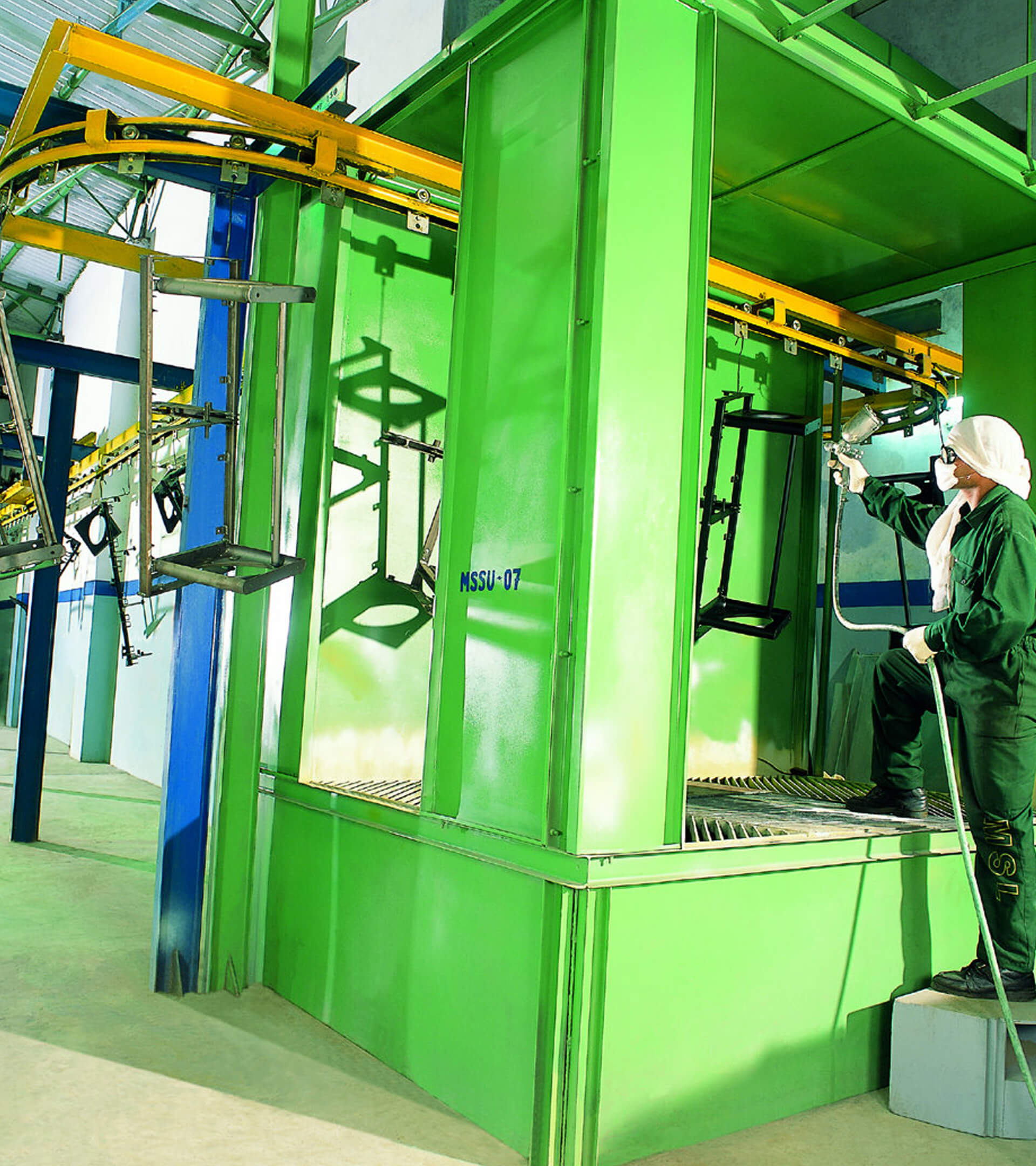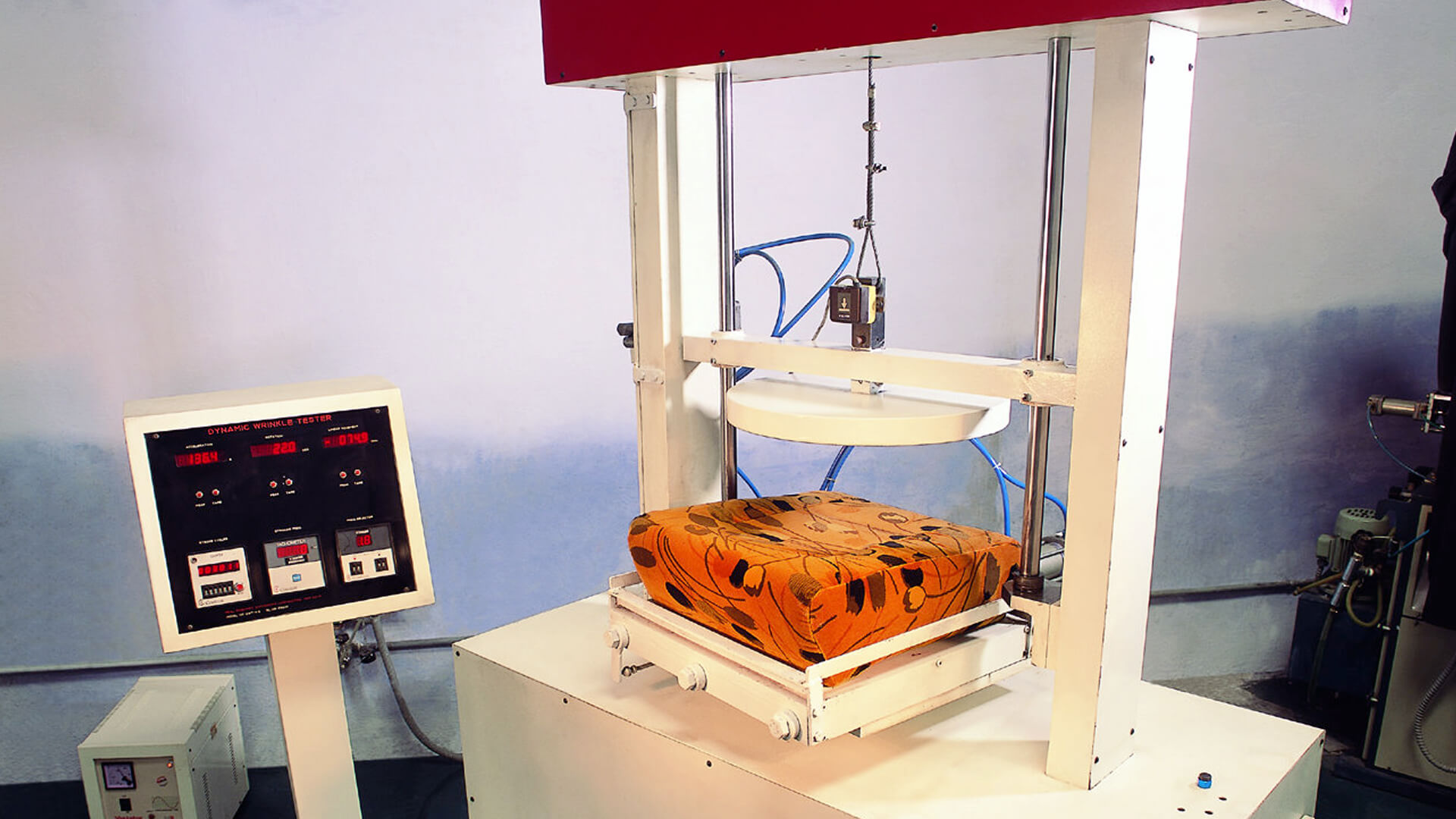How Important Is Quality In Manufacturing; And How To Maintain It?

Quality is of utmost importance in the manufacturing industry, as it directly impacts customer satisfaction, company reputation, and overall productivity. According to a survey conducted by Statista in India in 2021, 73% of customers said they would switch to a competitor if they received a low-quality product.
Another study conducted by Assocham India found that investing in quality management systems can increase productivity by up to 30%. Additionally, quality products can increase efficiency by reducing waste, improving assembly time, and reducing the need for rework. These statistics highlight the importance of quality in the manufacturing industry and the significant impact it can have on a company's success. Here, we will discuss the importance of quality in the manufacturing industry, the factors that affect it, and how to maintain it.
Importance of Quality in The Manufacturing Industry
Quality is really important in the manufacturing industry as it has a huge impact from different corners. The following are some of the major impacts of quality in manufacturing:
Zero Negative Feedback
Poor-quality products can have a significant impact on the industry. They can result in negative feedback, loss of customers, and decreased profits. A study conducted by McKinsey & Company found that poor-quality products can cost companies up to 15% of their revenue. This loss can be attributed to a decline in customer satisfaction and loyalty.
Business Growth
In contrast, quality products can lead to customer loyalty, repeat business, and a strong reputation. Additionally, quality products can increase productivity and efficiency by reducing waste, improving assembly time, and reducing the need for rework. This can result in cost savings for the company and increased profitability.
Overall Productivity
Quality products can have a significant impact on overall productivity. According to some studies, companies that implement quality control systems can see a huge reduction in rework and an increase in productivity.
Factors Affecting Quality in Manufacturing
Several factors can affect the quality of products in mechanical manufacturing. To address these factors, companies must identify them early in the process and implement effective measures to mitigate them. Following are some of these major factors:
Material Quality
It is essential to use high-quality materials that meet the required specifications. Using substandard or incorrect materials can result in product failure and negative customer feedback.
Equipment Calibration
The accuracy of manufacturing equipment is critical to ensuring product quality. Regular calibration of equipment is necessary to maintain accuracy and prevent errors. Equipment that is not calibrated regularly can produce products that are out of specification, resulting in rework or product failure.
Design Errors
Design errors can include issues with dimensions, tolerances, or material selection. Companies must ensure that their product designs are thoroughly reviewed and tested before being manufactured.
Human Error
Human error can occur at any stage of the manufacturing process, from design to production. It is important to ensure that employees are properly trained and equipped to perform their tasks correctly. Regular inspections and audits can also help to identify and mitigate human errors.
Maintaining Quality Throughout the Process
To maintain quality throughout the whole process from material acquisition to final production, there are several methodologies. The following are the aspects that a manufacturing unit needs to focus on:

Quality Control System
A quality control system includes procedures for testing products at various stages of production and inspection of final products. These procedures can help identify defects and ensure that the final product meets the required specifications.
Regular Maintenance
Regular maintenance includes ensuring that equipment is properly calibrated and functioning correctly and that materials are stored correctly and within their expiration date to avoid any equipment failure.
Inspections
Regular inspections can help detect errors early on, which can reduce rework and improve overall efficiency. Inspections can be performed on the production line, during final product inspection, or at any stage of the production process.

Employee Training
Providing training on quality control procedures, equipment operation, and safety protocols is crucial. Employees must understand the importance of quality and their role in maintaining it. Regular training can help ensure that employees are equipped to maintain quality and identify defects.
MSL’s Strict Quality Management System
We at MSL incorporated a quality management system that has strict protocols at different levels. We have qualified teams of certified engineers that ensure quality standards. From raw materials to final product delivery, there are a variety of checkpoints to ensure thorough inspection and testing. Apart from this, quality is maintained with efforts such as data analysis, proper documentation, internal audits, timely training, calibration of equipment, etc.
Conclusion
In conclusion, quality is important to achieve customer satisfaction, trustworthiness, cost-effectiveness, and overall productivity. At MSL, we have a strict quality management system that has several units to ensure quality at various checkpoints. We never compromise on the quality aspect and that is one of our strengths. To know more about our quality management system, visit our website.
_(1).jpg)
.jpg)


